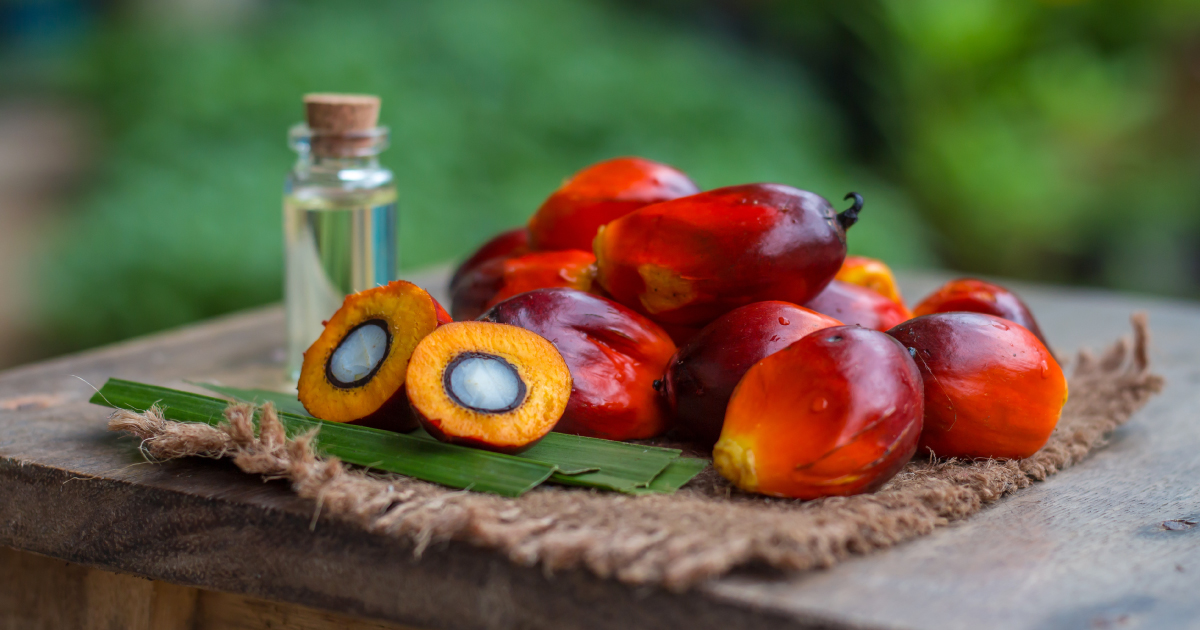The palm oil revolution: Traceable, Visible, Sustainable

Posted on |
Malaysia’s palm oil sustainability has a competitive edge over its counterpart, Indonesia. In 2006, Indonesia overtook Malaysia to become the world’s largest producer of palm oil.
Recently, Indonesia’s decision to temporarily stop sending its citizens to work here added more complications to the industry’s chronic labour shortage. In fact, thousands of Indonesians were slated to join the plantation workforce.
Malaysia’s efforts to support sustainable palm oil production is the only mitigating factor to this ongoing shortage following two years of travel restrictions.
Sustainability certification to strengthen the palm oil market
To ensure the sustainability of the country’s palm oil industry, the Malaysian Palm Oil Certification Council (MPOCC) established the national Malaysian Sustainable Palm Oil (MSPO) certification scheme for oil palm plantations, smallholders, and palm oil processing facilities.
As of March 2022, 97.33% of oil palm plantations and smallholders in the country have received the MSPO certification. Also, 453 out of the total 464 licensed palm oil mills received the certification.
This year also saw MPOCC enhancing the MSPO standards to put more emphasis on sustainable practices. The enhanced MSPO 2022:-
- aims to promote a deforestation-free supply chain
- includes policies that commit to decarbonisation, zero exploitation, and ethical conduct
- includes policies on greenhouse gas (GHG) emissions and critical requirements such as traceability and legality of fresh fruit bunches (FFB)
- contains an additional standard requirement to assess conformity for FFB dealers and palm oil traders against the MSPO
MSPO vs RSPO
“The economic block’s favouritism towards the Roundtable on Sustainable Palm Oil (RSPO) certification overlooks the strengths of the MSPO standard.”
– Datuk Zuraida Kamaruddin, Minister, Plantation Industries and Commodities
MPOCC has aligned the MSPO standard to the management of palm oil production with many existing national laws and regulations. On the other hand, the RSPO is a multi-stakeholder, non-profit group that unites seven sectors of the palm oil industry in regular dialogue. It involves investors, growers, retailers, and non-governmental organisations (NGOs) using a consensus voting system to develop standards and criteria on an ongoing basis.
Currently, only 20% of palm oil worldwide have RSPO certification. Locally, the RSPO’s high auditing cost and annual membership fees discourage smallholders.
Malaysian Palm Oil Board (MPOB) Director-General Datuk Ahmad Parveez Ghulam Kadir urges developed countries to recognise Malaysia’s national MSPO standards. He says the European Union (EU) should not only focus on deforestation but also look at the Malaysian palm oil industry’s sustainability and land preservation efforts.
Communicating traceability effectively
Since the edible oil supply disruption due to the Russia-Ukraine conflict, some countries have resorted to palm oil use. Some also have accepted the MSPO standards. Still, Malaysia needs to aggressively communicate its palm oil sustainability initiatives to less-accepting countries.
One Brussels-based expert emphasised the importance of making greater efforts to explain the MSPO certification scheme and its compliance mechanism. This could help Malaysia gain the trust and acceptance of the European community,
The expert added that the EU is now “zooming in” the country’s palm oil production areas with GPS coordinates. Besides, the EU is also taking into consideration several requirements not previously examined. Also being taken into account are deforestation requirements and Malaysian laws including labour, indigenous people, and social rights.
Indeed, communicating traceability is key to see a clear direction and to reflect evolving international best practices. Without it, the EU would take the liberty of interpreting Malaysian laws according to their customs and practices.
Visibility of sustainable practices with technology integration
In this day and age, sustainability has to be displayed through visibility into the practices and operations of the agriculture players, with the support of data and technology. Improvements in internet connectivity and government initiatives provide assistance in this area.
Manual data entry into Excel sheets and standalone software may meet the minimal day-to-day functions of workers. However, these practices are limited and unable to deliver start-to-finish visibility into the upstream supply chain.
This is why a data-driven plantation management system like Quarto is essential for agriculture businesses. The software provides deep and clear data on operations and processes. These include practices for sustainability like soil and irrigation management, monitoring inputs including fertiliser and pesticide usage, and even reporting greenhouse gas (GHG) emissions.
With Quarto, the enhanced traceability and visibility in palm oil operations improve the auditing process of MSPO and RSPO certification bodies. At the platform’s core is industry best practices and compliance standards set by regulations and policies.
Want to know how Quarto can help your agribusiness become more sustainable? Reach out to us today!
